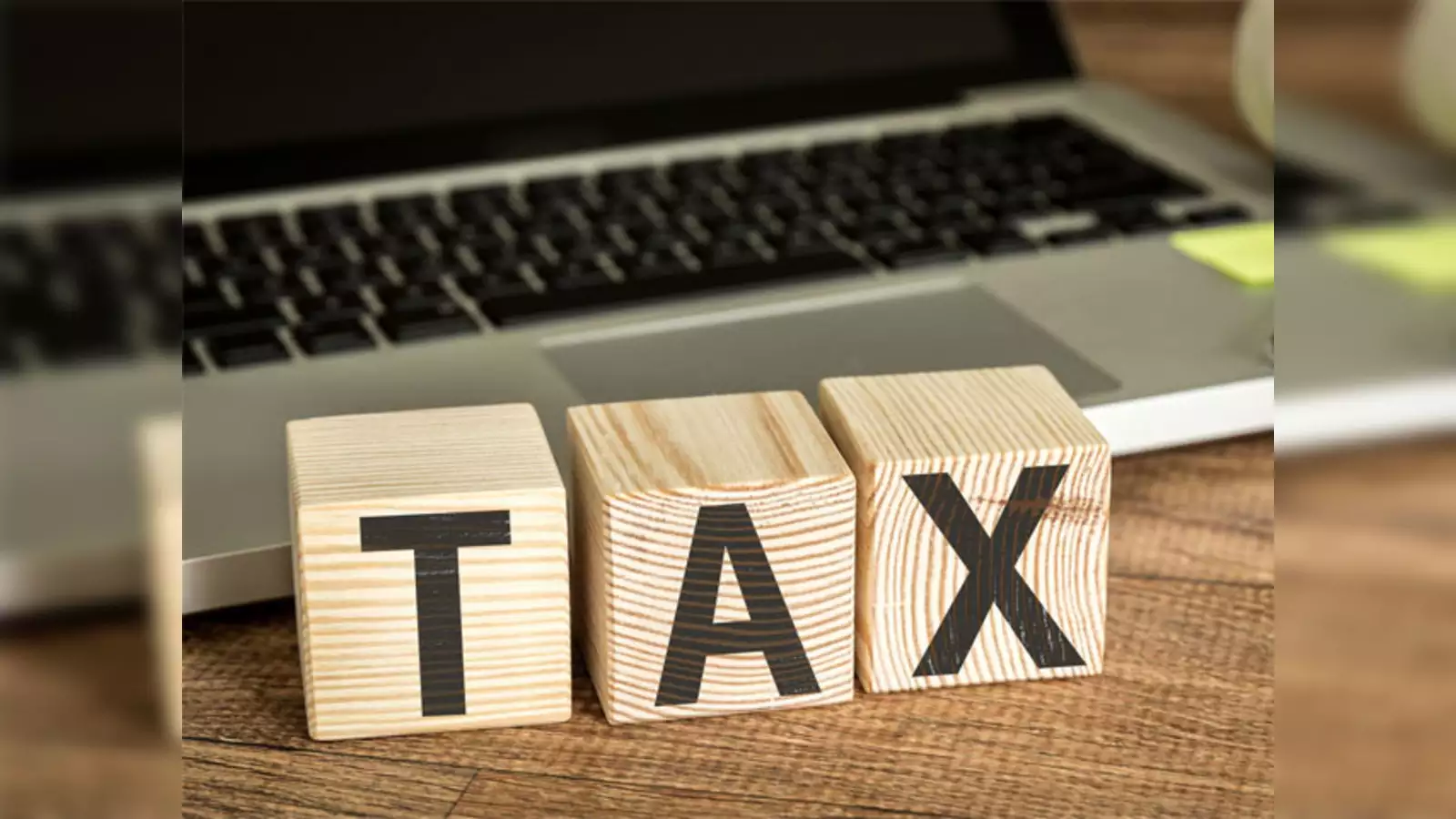Regarding selecting the appropriate professional to assist you with your tax resolution problem, whom do you prefer most? Is it a CPA or a tax attorney? Both can help you with different tax issues, but only one is better than the other regarding tax resolution! You might encounter tax issues from time to time, whether it’s a tax debt you can’t afford to disburse or an IRS audit that tax resolution services can assist you in settling your issues with the IRS and other tax administrations.
A tax attorney and a CPA in NYC are different yet similar professionals who can aid you with financial and tax planning. In this article, we will talk about the roles of CPAs and tax lawyers in providing tax resolution services. Let’s get started!
When Do You Require Tax Resolution Services in NYC?
You may require tax resolution services if you:
-
Obtained an IRS notice
Overlooking IRS notices often leads to serious consequences, including wage garnishment, tax levies and liens, asset confiscations, and losing your passport. Tax resolution can handle these issues and impede further action.
-
Owe Back Taxes
Tax resolution can aid you in applying for penalty reduction and managing & lowering your debt if you have unfiled or delinquent returns or tax obligations from previous years.
-
Have a Tax Levy or Lien
Tax professionals, such as lawyers and CPAs, can help eliminate the restrictions, such as the IRS placing a lien on your residential property or a levy on your bank account.
Tax Attorney for Tax Resolution
You will need a tax lawyer in NYC if you need someone to characterize you in court against the IRS or have to communicate with the IRS in writing. Some of the leading examples of circumstances where you would hire a tax lawyer are if the IRS is garnishing your wages and you would like to work out a payment strategy with them instead; the IRS has placed levies or liens on your residential property as a consequence of your outstanding taxes. In certain circumstances, you can communicate with the IRS through a tax lawyer, who can serve as a mediator to ensure that everybody benefits.
CPA for Tax Resolution
A CPA is a trained and certified tax professional who can handle every distinct accounting task, including filing taxes and aiding you by finding every tax credit and deduction you might be eligible for. CPAs must adhere to the modifications to the tax code; hence, they know exactly what’s involved in submitting a business or personal tax return. Furthermore, they can help organizations with payroll, take on daily bookkeeping or accounting tasks, and prepare authoritative financial documents.
Difference Between a CPA and Tax Attorney – Who to Choose for Tax Resolution?
| Tax Attorney | CPA |
| They know tax laws and represent you in a courtroom with the IRS while dealing with legal challenges like owing back taxes or managing liens and garnishments. Simply put, they can tackle your business’ tax return. | CPAs can manage your business’ tax return along with your own. They understand the ins and outs of the tax code and can search for the best deductions and credits that will help you pay lesser taxes. |
Tax attorneys can get the records from CPA if the businesses are audited and demand legal representation. As one keeps and generates the information, the other is proficient at representing you legally in front of the IRS.

Conclusion
You need both professionals if you need help resolving your tax issues with the IRS. A CPA can look at your financial details and earlier tax returns to ensure everything was correctly done. On the other hand, a tax lawyer can talk to the IRS on your behalf to give you the latest possible outcome.




